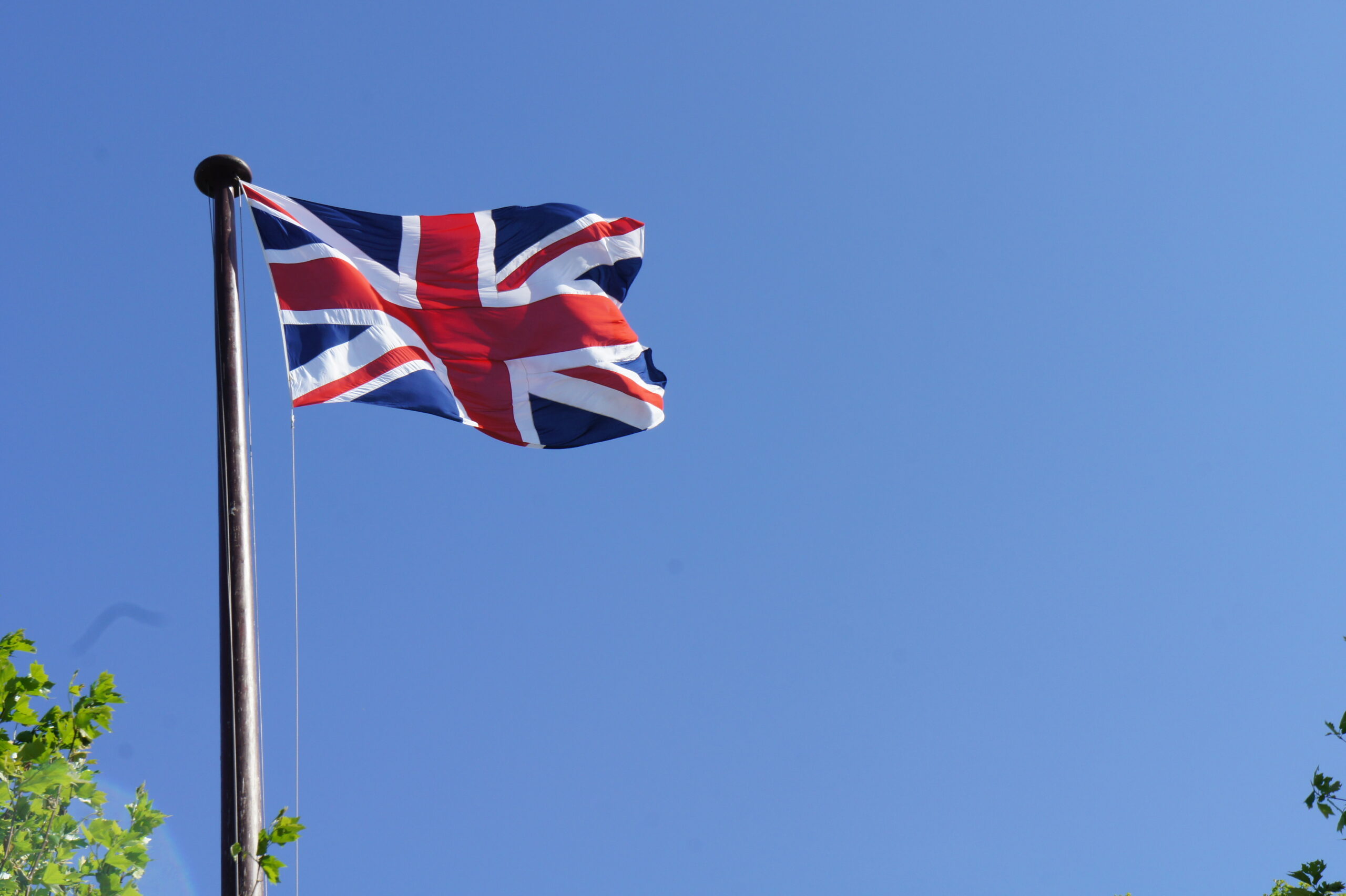
The UK government has revealed a new trade plan aimed at boosting exports and protecting domestic firms amid growing uncertainty caused by US tariffs. The strategy focuses on removing barriers for UK businesses selling abroad while strengthening trade defenses to shield local industries from cheap imports.
Concerns Over Diverted Imports and Industry Safeguards
Some sectors worry that cars and steel originally intended for US markets could be redirected to the UK due to US tariffs making American exports more expensive. Business Secretary Jonathan Reynolds assured that the government’s plan will “ensure British businesses are protected from harm.”
The government aims to sharpen offensive and defensive trade measures. UK Export Finance will increase its capacity by £20 billion, providing more financial support to exporters. Additionally, exporters will receive help navigating complex trade regulations. Defensively, the government is reviewing safeguards on steel imports and encouraging government departments to prioritize UK-made steel for public projects.
Alignment with Industrial Strategy and Economic Growth Goals
The trade plan complements the government’s 10-year industrial strategy, including lowering energy costs by exempting businesses from certain green taxes. These topics are central to discussions at the British Chambers of Commerce annual conference, focused on economic growth amid recent employer National Insurance contribution hikes.
The government highlighted successes like the UK-India trade agreement and closer ties with the EU. It also emphasized a unique deal with the White House on tariffs. Since President Trump imposed import taxes aimed at protecting American manufacturing, the UK has negotiated deals on steel, cars, and bioethanol imports. However, some industry players warn about the impact on local bioethanol producers.
Industry groups call for action on abuses of the “de minimis” tax rule, which allows low-value goods to enter the UK tax-free. This loophole has been exploited by some overseas businesses, creating unfair competition for UK retailers.
Responses to the trade plan vary. The Liberal Democrats call for deeper UK-EU customs cooperation to boost the economy, while Sir Keir Starmer praises recent trade deals as restoring Britain’s global standing. Conservatives urge quicker, more concrete trade agreements and implementation.
What The Author Thinks
The UK’s new trade plan is a necessary step toward supporting domestic industries amid global uncertainties. However, protectionist measures must be balanced with policies that encourage innovation and open markets. Over-reliance on tariffs or subsidies risks isolating UK businesses and slowing progress. The government’s challenge is to safeguard key sectors while fostering competitive advantage through smarter trade and industrial strategies.
Featured image credit: Wikimedia Commons
For more stories like it, click the +Follow button at the top of this page to follow us.
